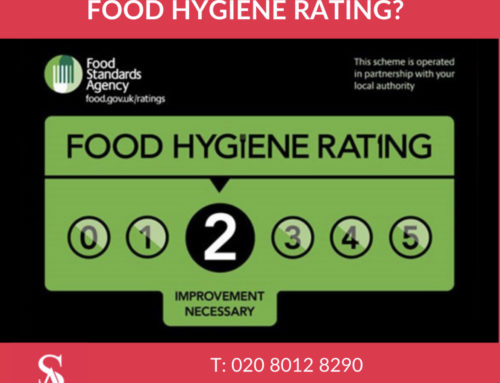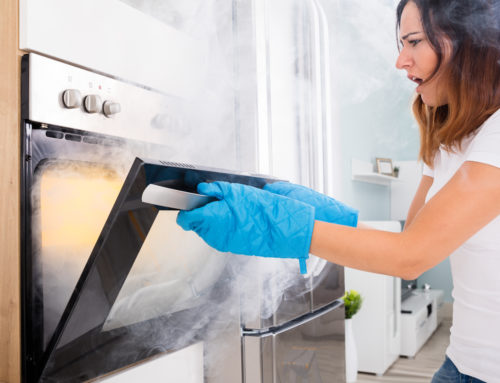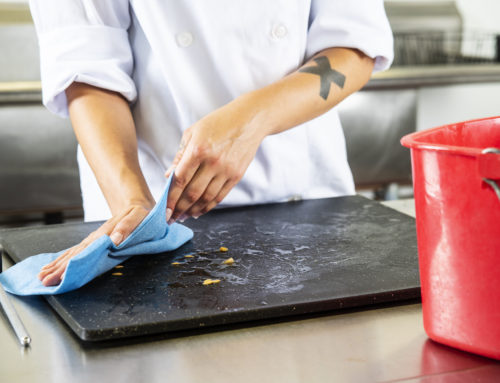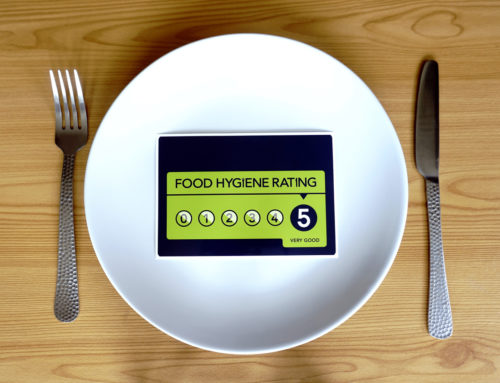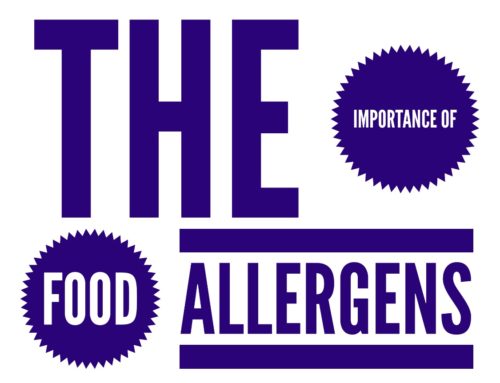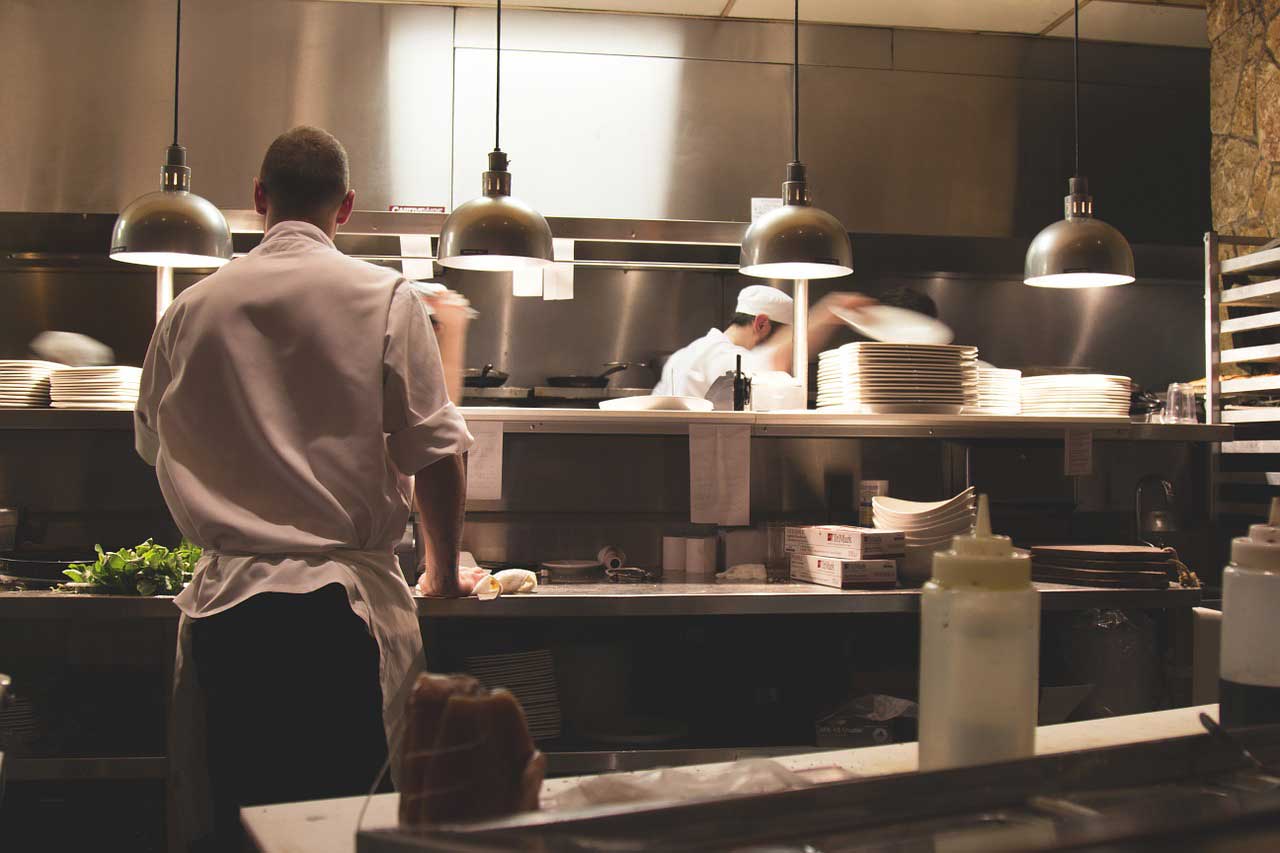
If you own a catering business, food safety is of utmost priority unless you actually want to be handling a lot of sick guests that might even plan on suing. The amount of people who would readily eat food handed to them by hand or food that is buzzing with flies or crawling with other bugs is close to none.
Basically, food safety is defined as the discipline of food handling, preparation, and storage in such manners as to prevent any illnesses borne from food. We are aware of some of the typical food safety tips such as always washing your hands first before handling food, but those common knowledge facts are only a small part.
The following are some tips to improve your catering services as related to food safety.
Food Handling
Most of the time, food contamination happens during food handling as per The Food Standards Industry. To ensure everyone is properly trained in food safety practices, it is recommended that every member of a catering team have a Food Handler Certification, though this is not a requirement.
Cross contamination is the biggest concern in terms of food handling. This happens when germs are transferred between foods, surfaces, and equipment. Ensure that raw meats and poultry products are separate from fresh produce. Use different chopping boards for different ingredients. Disinfect and clean surfaces after handling raw foods. Wash equipment in hot water with soap before reusing. Most importantly, regularly wash your hands.
Food Preparation
Food often needs to be prepared in advance in the catering business. For chilled foods, be sure to know the proper temperatures to store different kinds of food, and also utilize proper methods of storage. DO NOT prepare food too much in advance that they would spoil. Any spoiled food must be thrown out immediately to prevent people from making the mistake of eating them.
Food Temperature
Food temperature an important consideration in catering food safety. Ensure food is cooked to the correct temperature. After cooking the food to the proper temperature, hold the food at above 63°C to control the bacterial growth. When reheating, always reheat above 82°C, which is a legally required temperature. Lower temperatures aid in bacterial multiplication and this could make your guests ill.
Food Storage
Raw or cooked foods should be stored at correct temperatures in proper containers. Do not overfill your refrigerator as the air inside must circulate to keep the right internal temperature. Use airtight containers to keep food. Put meat and poultry at the bottom of your fridge so they will not drip and contaminate other food.
Hygiene
Always keep a clean station. Wash your hands and any surface before handling anything on it. Never get tired of cleaning EVERYTHING. Make sure all cutlery, glassware, pots, pans, and everything that will be used by the guests and caterers are clean.
Clothing
After cleaning everything, make sure that you are also clean. Do not use dirty clothes, towels, and aprons. Wear shoes that are applicable to whatever surface of floors you work on (tile, concrete, soil, grass, etc.) to avoid slipping and other accidents.
If you’re interested in joining consultations and training’s on smart food hygiene, check out Sylvia A Consultancy – the most reliable company when it comes to food preparation and safety solution for smarter business.

